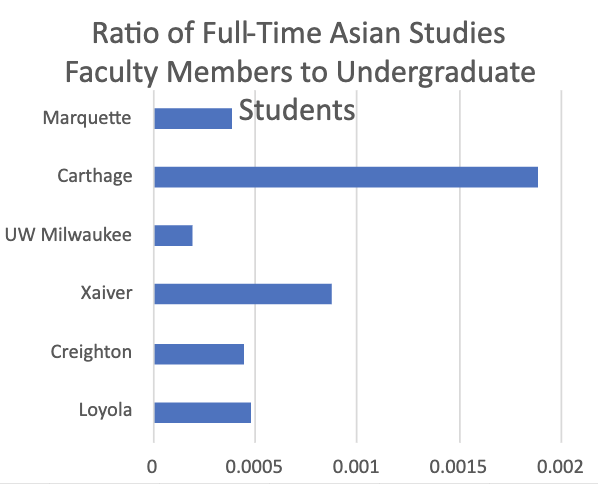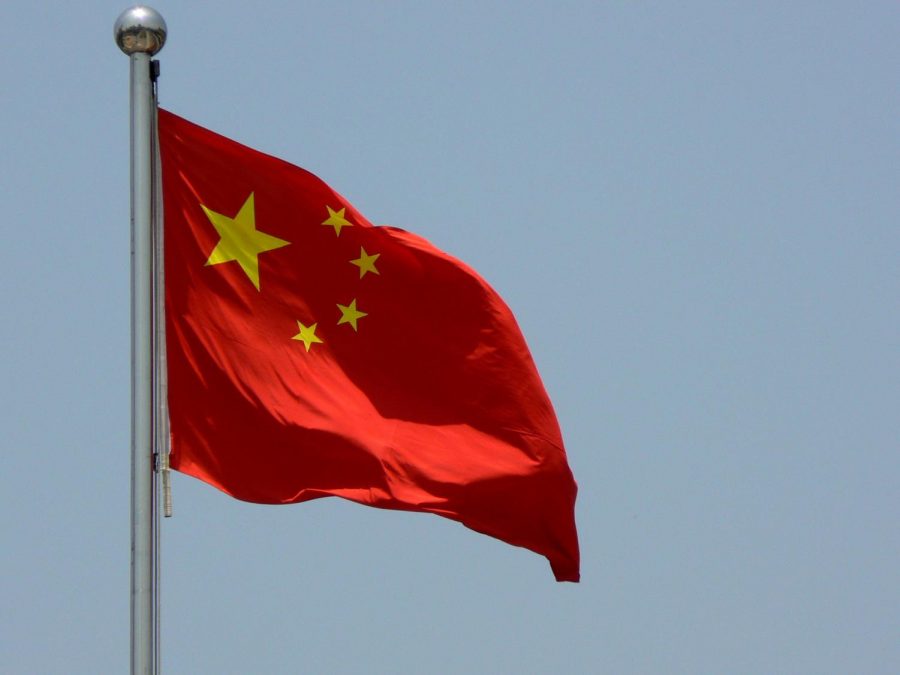On September 14, Lingling Wei of the Wall Street Journal reported that “Chinese President Xi Jinping set in motion the overhaul of the country’s bloated state companies just ahead of his U.S. visit.”
At a glance, the announcement seems like something of a win for global capitalism, but when viewed more critically, there is less cause for exuberance.
The announcement is the most recent in a series of reforms dating back to the 1970s, when the failure of communism to raise the standards of living for the Chinese people forced the government to adopt certain market mechanisms.
The biggest curb to enthusiasm over the announcement, as Wei pointed out, is that “the plan doesn’t specify whether underperforming state firms will be allowed to fail.”
It is a paradox that failure is essential to success. The words of that ingenious American innovator, Thomas Edison come to mind: “I have not failed, I’ve just found 10,000 ways that won’t work.” From our personal experiences, most of us know this to be the case. It takes more than one bad draft before the paper comes out just right, more than one fight for the relationship to work, and in Edison’s case, more than one bulb before the light could shimmer at length.
In China – and even here – there is wariness over applying this common sense to the market at large. This is understandable – failures in the marketplace mean lost jobs and instability, and none of us much like those.
Ownership of a business or industry by the state is meant to protect people from those fears, but such protection comes at the cost of greater inefficiency. Margaret Thatcher said as much in her Downing Street Years: “State ownership effectively removes – or at least radically reduces – the threat of bankruptcy which is a discipline on privately owned firms.” In a competitive system like our own, a business fails when a competitor comes up with a way to provide a similar good or service more efficiently, and the consumer benefits by paying a lower price; a state-owned firm has no such check, to the detriment of the consumer.
In addition to presenting consumers with a lower price, failure also plays a role in presenting consumers with a larger variety of goods. Fareed Zakaria made this point in the 2011 Munk Debate on China, “The ability to fail efficiently is an incredibly powerful part of innovation.” One need only look back to the example of Edison – or any great inventor, really – to see how that is true. Zakaria also pointed out how most of the innovations of the past few centuries were not the result of central planning. “With the invention of the sewing machine, Singer’s great skill was not coming up with the best machine. It was that he figured out that he could sell it to women on an installment plan,” he explained. “So part of what innovation is, is this strange combination of science and consumer behavior. I mean the great invention that launched capitalism was double-entry bookkeeping. It wasn’t some scientific gizmo.”
To suggest that all this means that China has little to contribute would be an error – it has already been the case for a long time since they are a massive player on the world stage. Unless they are willing to grant their entrepreneurs the freedom to experiment and innovate, sometimes failing and other times succeeding in ways that change the world – the sort of framework that free markets provide – history suggests that their growth may be stunted.









